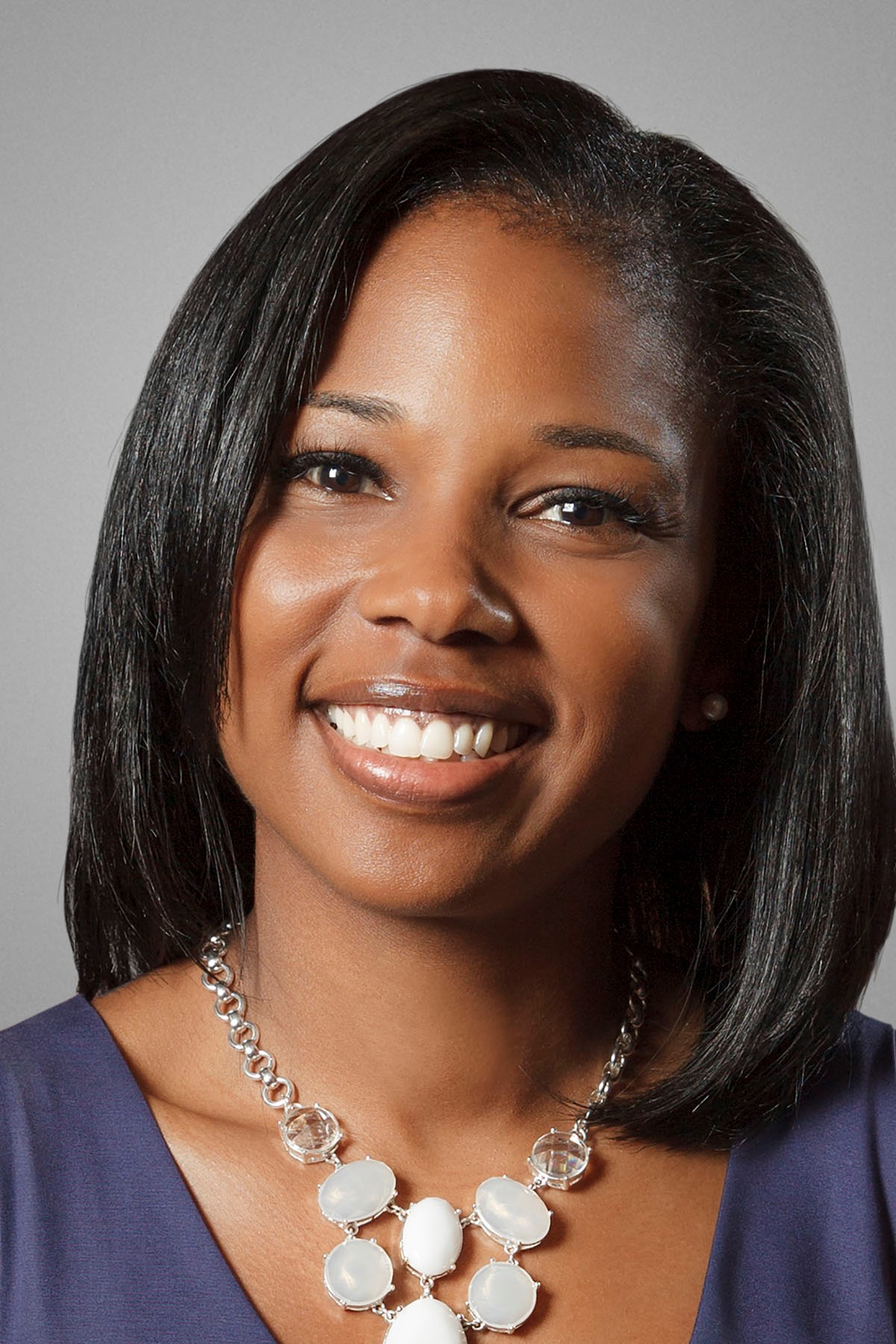In the latest "Curious Minds" column, Rose Ors of Clientsmart speaks with Nicole Morris of Emory University about increasing the value of a legal education
In this column, Rose speaks with Nicole Morris, Director & Professor in Practice at Emory University, about the future of the higher education model, increasing the value proposition of legal education, and being unapologetic about what’s important.
Rose Ors: Who are the thinkers and leaders outside the legal industry that have influenced you in your work?
Nicole Morris: My biggest influences outside the legal industry are the writers whose work appears in the Harvard Business Review. It is not any individual contributor per se, but rather the range of subjects discussed that I find stimulating and meaningful. I also appreciate that each piece is sharp, forward-thinking, and consumable in a single read.
One of the numerous articles that have stayed with me is “Silence the Critical Voices in Your Head” by Sabina Nawaz, in which Nawaz lays out a number of strategies to help overcome self-limiting behavior like the negative voices we play in our heads. One such strategy is to focus on amplifying our strengths by doing things we love and do well.
We continue our monthly column, Curious Minds, created by Rose Ors to tap into the minds of legal innovators, disrupters, and out-of-the-box thinkers to learn what influences and inspires their work.
Another memorable article is “What Having a ‘Growth Mindset’ Actually Means” by Carol Dweck, the psychologist best known for her work on mindset and human motivation. In this article she corrects some misconceptions on mindset and underscores the benefits for individuals and organizations in adopting a growth mindset, which is the belief that talent can be developed, as she explains, “through hard work, good strategies, and input from others.” As an educator, I carry the lessons from Nawaz and Dweck into my classroom.
Rose Ors: Who outside HBR has influenced you?
Nicole Morris: Scott Galloway, a Professor of Marketing at NYU Stern School of Business, has a podcast I find entertaining and enlightening, The Prof G Show. He has big, bold ideas that he expresses very forcefully and is not apologetic about. I, too, have reached a point in my life where I have become unapologetic about things that are of importance to me. And like Galloway, I realize that not everyone will agree with me, and I am okay with that.

Rose Ors: What ideas of Prof. Galloway’s have you found thought-provoking?
Nicole Morris: One that particularly hooked me is that the pandemic shift to virtual learning has laid the groundwork to permanently disrupt the higher education business model. He thinks large tech companies will partner with elite universities to expand enrollments dramatically by offering hybrid online-offline degrees. Economies of scale will make the education offered by the premier schools far more affordable and allow them to enroll the many high-caliber candidates they now must reject due to physical capacity constraints.
As these changes filter through the ranks, colleges that are lower down the quality ladder will go out of business because prospective students will gravitate toward the better schools. As a somewhat elite university, Emory should survive; but I am curious to see how university leadership responds to such potential changes.
Rose Ors: Emory has shown a willingness to experiment with change with its TI:GER Program. Could you explain how it works?
Nicole Morris: TI:GER, which stands for Technological Innovation: Generating Economic Results, teams two Emory Law students with a Georgia Tech MBA student and a Georgia Tech Ph.D. candidate in science or engineering. The team works to commercialize the Ph.D. candidate’s research project into an economically viable startup venture. Each team is paired with a business mentor, an attorney mentor, and professors from the two schools. Between 12 to 18 Emory Law students participate each year.
Rose Ors: That sounds like some meaningful hands-on experience.
Nicole Morris: It allows our students to directly apply what they have learned in areas like business contracts, intellectual property, and patent law. The students get a taste of what it is like to be a legal advisor. Equally important, they get to learn about things not offered in a traditional law school curriculum, such as working on a team or project management. Dealing with uncertainty is another big piece of the program because there are no precedents to guide them in answering the questions that arise. They just have to use their best judgment.
Rose Ors: What books have most influenced you?
Nicole Morris: Books that have been influential for me have a spiritual focus and discuss human interaction or relationships. Often, they address issues that I am trying to work on within myself. One such book is Dr. Wayne Dwyer’s Inspiration: Your Ultimate Calling. Dwyer helps us understand that we are spiritual beings here on earth to find and follow our “purpose.” Reading Dr. Dwyer’s book shortly after my son was born was both grounding and inspirational.
I was similarly moved by Brené Brown’s The Gifts Of Imperfection, which is about the power of our vulnerabilities. Brown shares why embracing our imperfections is an act of courage and self-compassion, an act that connects us to others more than our veneer of perfection.
Rose Ors: What fuels your creative thinking?
Nicole Morris: I would never describe myself as creative in an artistic way, but there is a creative component to my work. I find that when I am on a run and am just letting my thoughts go, I’ll have an aha! moment or a breakthrough on something I have been stuck on.
Rose Ors: Now for the final question: What is a big picture question that’s facing legal education?
Nicole Morris: What can we do to increase the value proposition of legal education? How creative will the American Bar Association allow law schools to be in re-imagining legal education? Many restrictions must be reexamined. For example, which required courses are essential? How many classes can the school provide online and remain accredited?
The legal industry is questioning why non-lawyers can’t own a law firm or what tasks can be performed by non-lawyers without violating rules governing the unauthorized practice of law. We need a similar re-examination of legal education.
This interview has been edited and condensed by Rose Ors.







